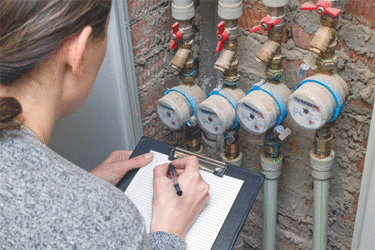EPA Rule Changes Could Drive Water Rate Increases For Millions In Philadelphia


As an iconic water body receives new regulatory protection, one of the biggest cities on its shores might have to raise water rates in order to comply.
“A proposed change to [a U.S.] EPA rule would require water treatment plants along the Delaware River to decrease the amounts of ammonia they emit into the river through treated wastewater, for the good of the fish,” CBS News reported. “Philly’s water department says unless the state or federal government help out with footing the bill for treatment plant upgrades so they can reduce their ammonia output into the river, the department will have to raise bills by over $20 a month.”
The U.S. EPA has found that a 38-mile portion of the Delaware River doesn’t meet the standards outlined in the Clean Water Act and that increasing dissolved oxygen levels is critical for changing that. Ammonia, which is a nitrogen compound found in wastewater plant effluent, absorbs dissolved oxygen in the water and could be fueling the issues in the Delaware.
“In the past, the Delaware River had ‘dead zones’ where there was little to no dissolved oxygen, making it impassable or uninhabitable for aquatic life,” according to CBS News. “While the dead zones are now gone and conditions have improved over the past decades since the passage of the Clean Water Act, there’s still more progress that can be made, the EPA and Delaware River Basin commission say.”
But that progress would come at a cost — roughly $3 billion, as estimated by the Philadelphia Water Department (PWD). The department has pushed back on the proposed changes, arguing that they would instill an unnecessary burden on wastewater treatment operations.
PWD has called for a reconsideration of the newly proposed rules.
“Before we spend big, it’s our responsibility to examine the science behind the regulations, weigh the increased cost of water for all Philadelphians, and ask whether increased oxygen levels are the key to protecting sturgeon,” the department said in a statement, per The Philadelphia Inquirer.
To read more about the rules that dictate wastewater treatment operations, visit Water Online’s Wastewater Regulations And Legislation Solutions Center.
